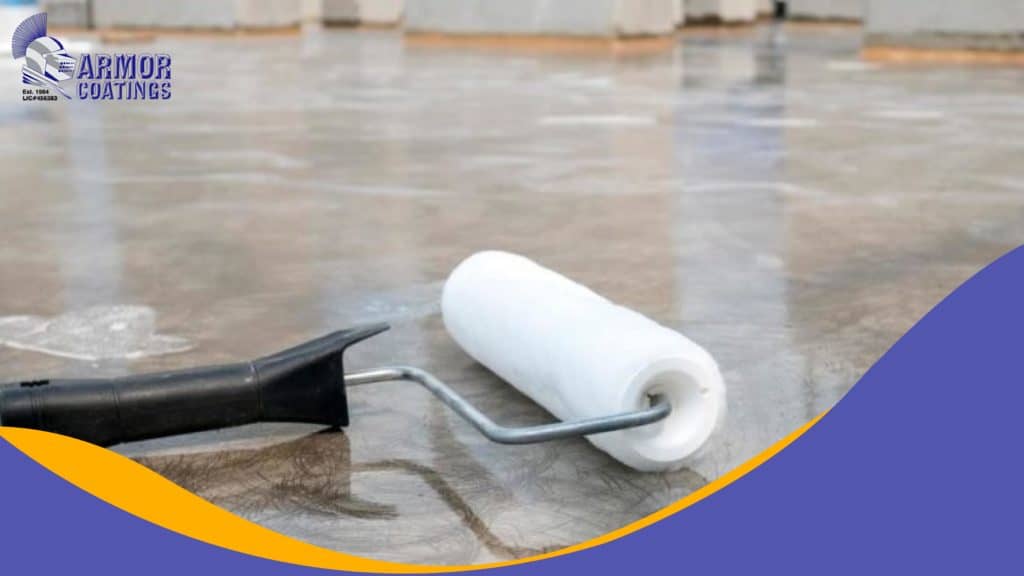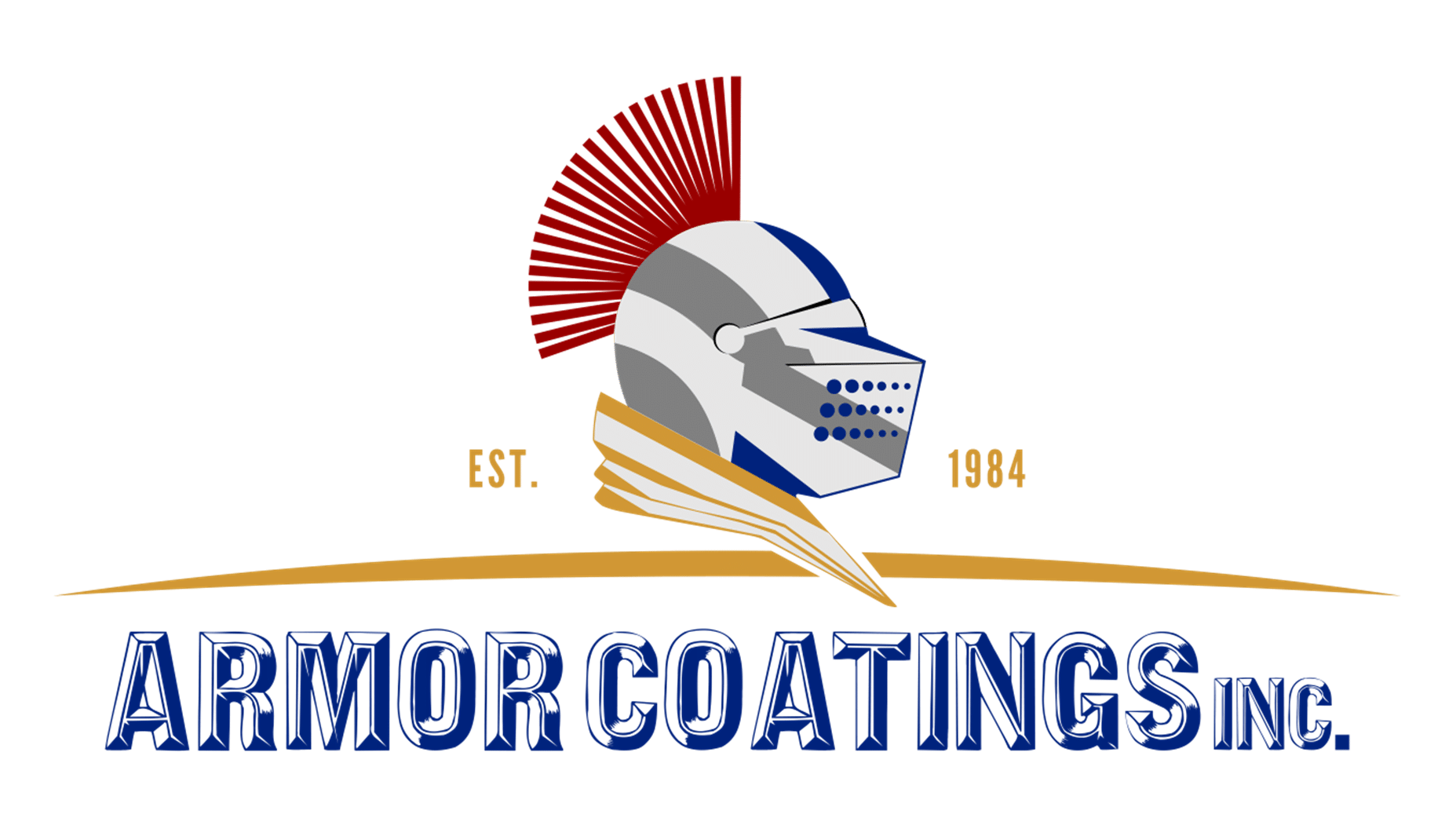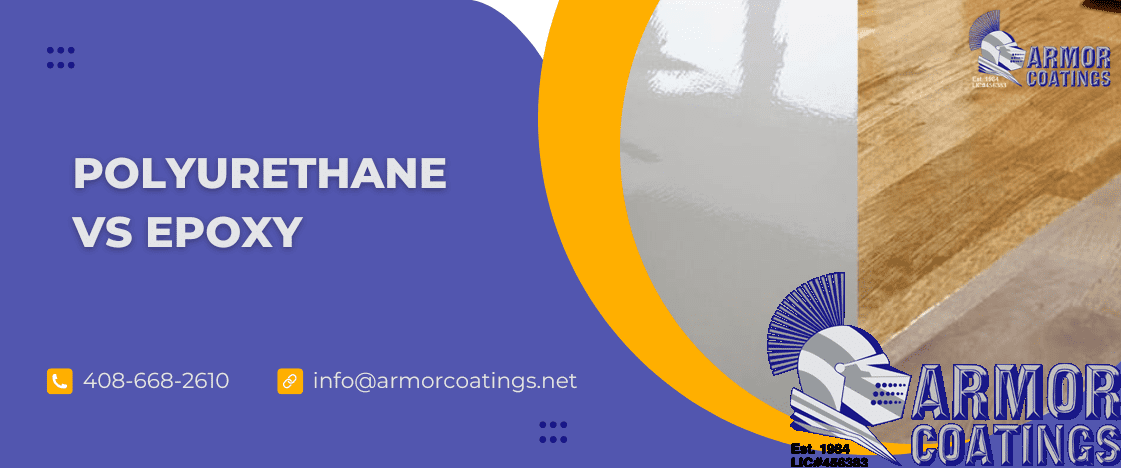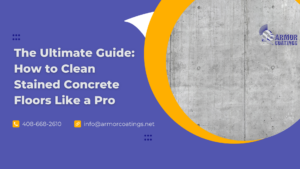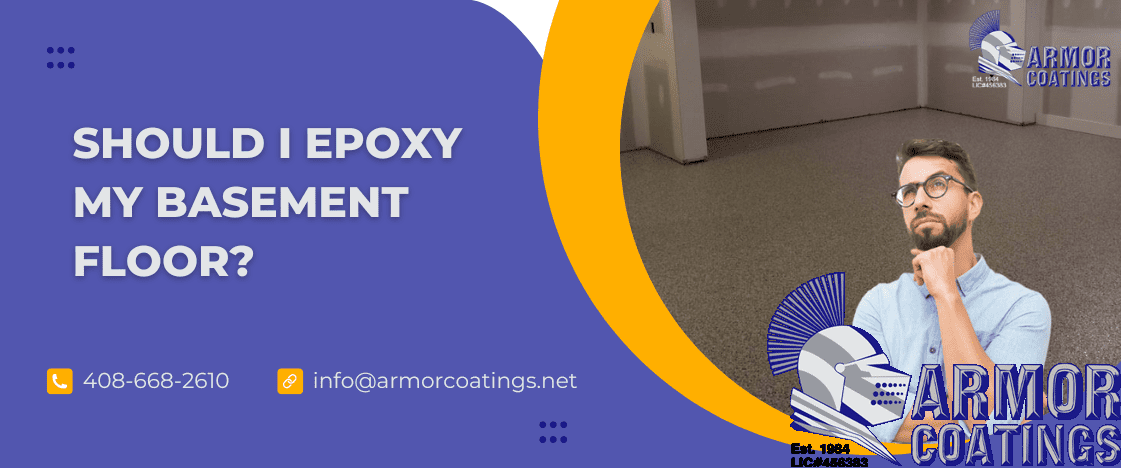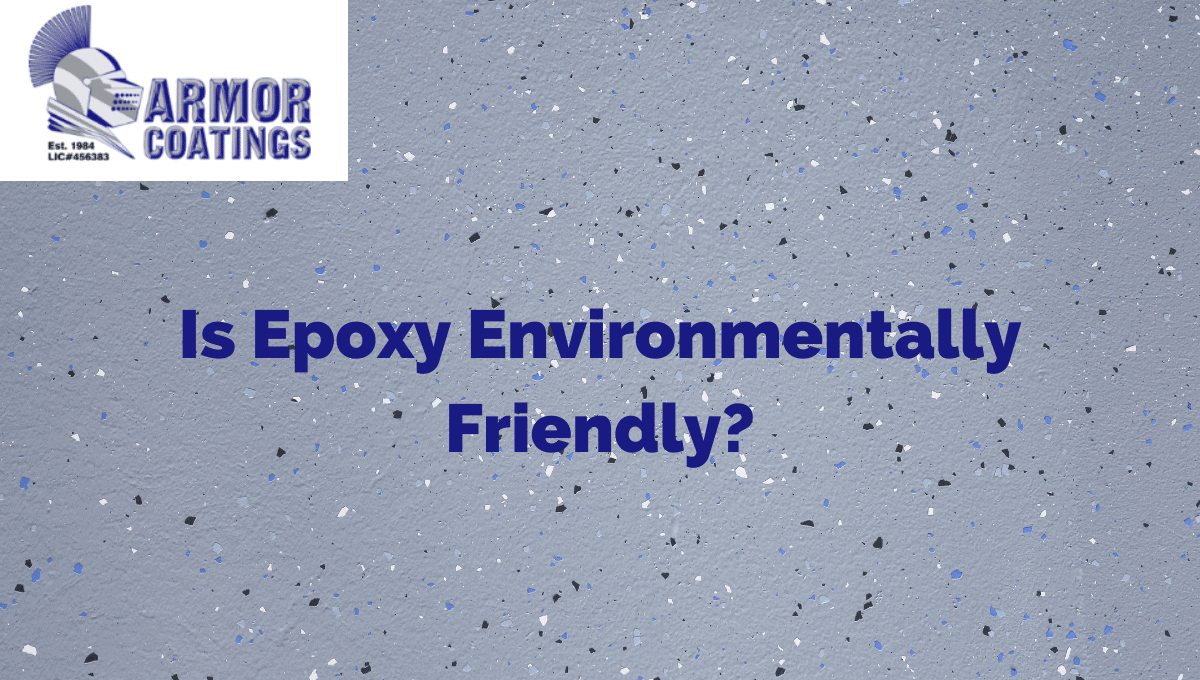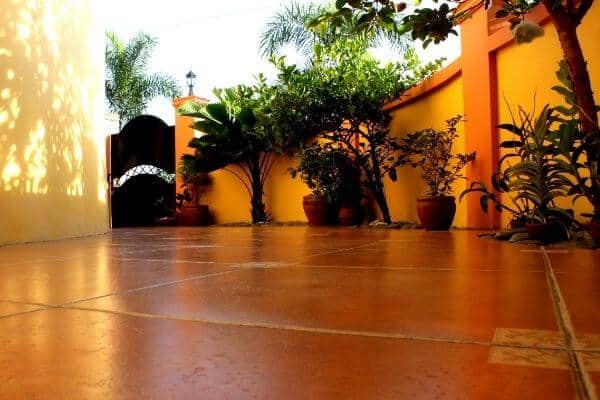When it comes to floor coatings, you’ll want to choose one that matches the vision you have for your space. Epoxy and polyurethane coatings create bright, transparent finishes but are helpful for different reasons. Selecting a suitable coating is important because it impacts the value of your property, not to mention how well a space functions. Here’s some more information that can help you decide which one best suits your needs.
Don't ignore your floors for one more day, let our team give them life again.
Epoxy Resin
Epoxy resin coatings are durable and waterproof, making them an excellent choice for kitchens, bathrooms, and areas with lots of foot traffic. Epoxy can be mixed with colors and metallic or neon pigments for a wide range of beautiful, glossy finishes.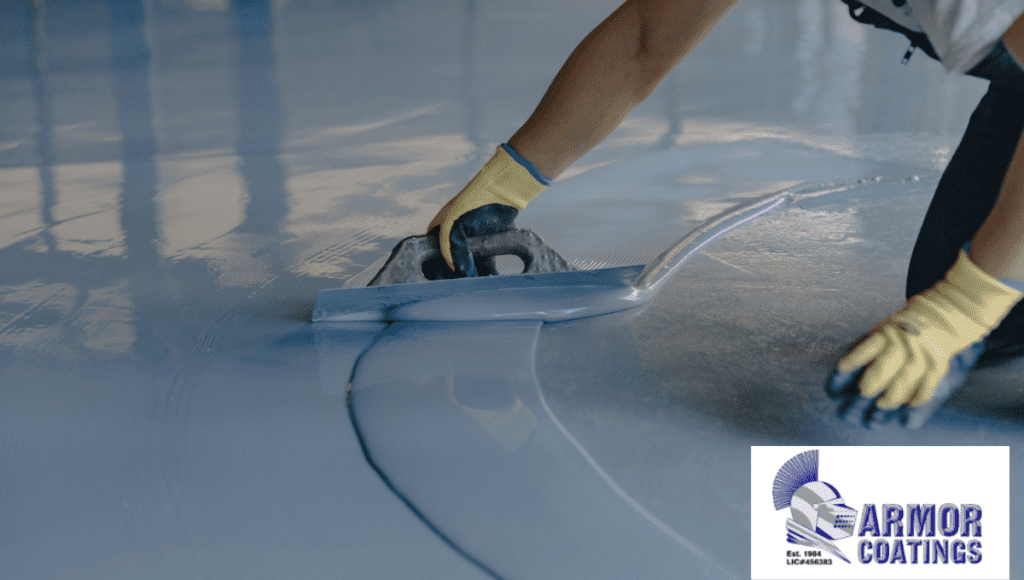
Polyurethane
Polyurethane is a varnish-like coating that can be oil or water-based. Polyurethane coatings are often used on wooden floors because they dry with a range of transparent finishes and create water-resistant surfaces.Let’s Talk About Types Of Floors
Different coatings work better for different kinds of floors. One of the benefits of choosing an epoxy coating system is that epoxy bonds well with concrete and can be applied directly on top of old or worn concrete floors. Epoxy has a self-leveling thickness that will fill in and smooth over cracks in concrete, whereas polyurethane has a thinner dry film thickness and won’t hide existing blemishes.What Do They Cost?
The overall cost depends on the size of the space and how many layers of the product are needed. Price per square foot averages about $2-$7 per square foot. Although polyurethane coatings are more expensive, they last longer, which makes up for the difference in cost in the long run. Price per square foot averages around $3-$9 per square foot. Labor is usually the most significant expense, which often includes cleaning and polishing a floor to prepare it for coating.